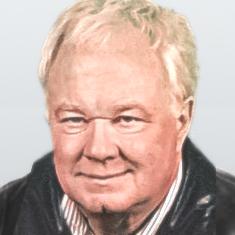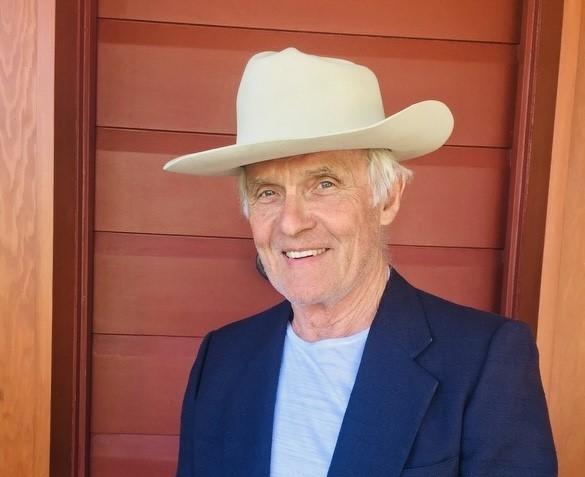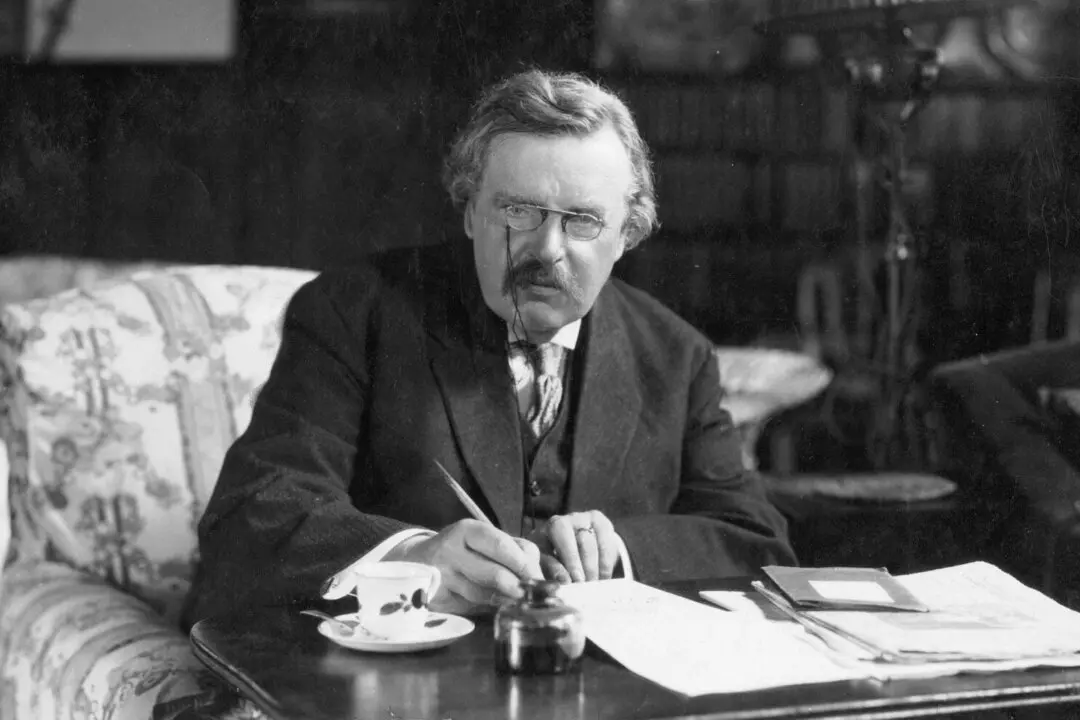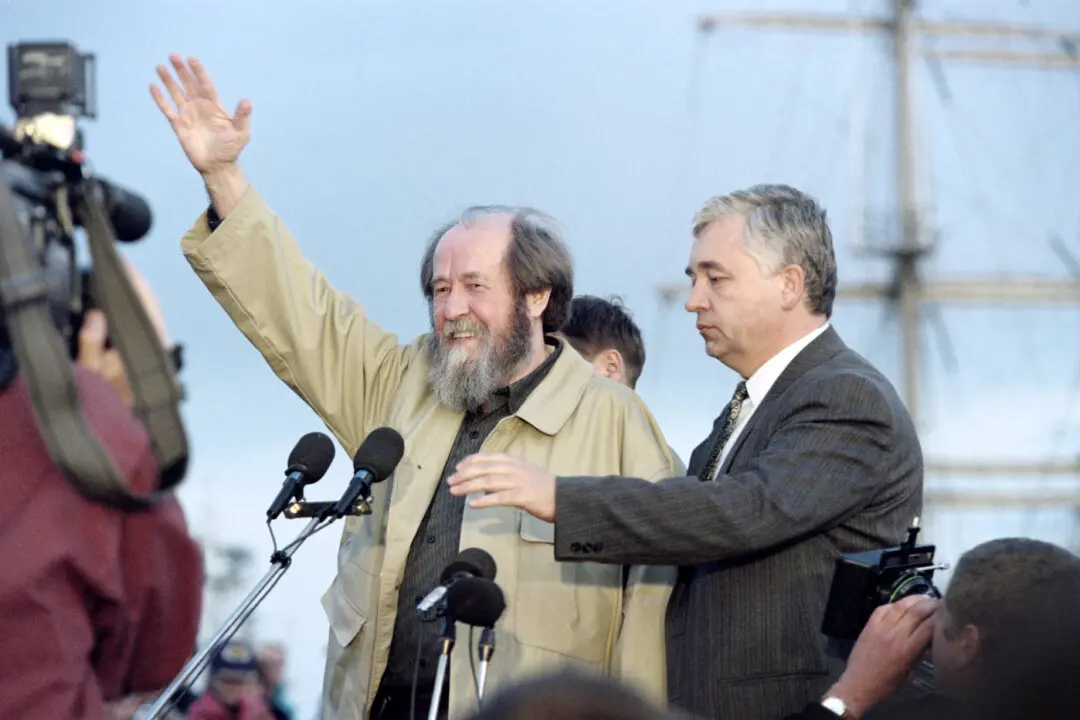Commentary
Viewpoints
Opinion
William Brooks: From Western Traditions to Political Indoctrination: A Cultural History of Education
Part 5: The Pedagogy of Revolution
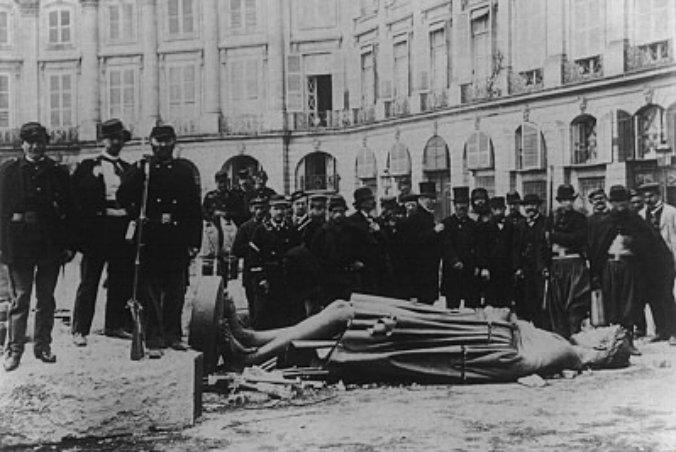
The toppled column of Napoleon I at the Place Vendôme during the Paris Commune in 1871. Andre Adolphe Eugene Disderi/public domain
